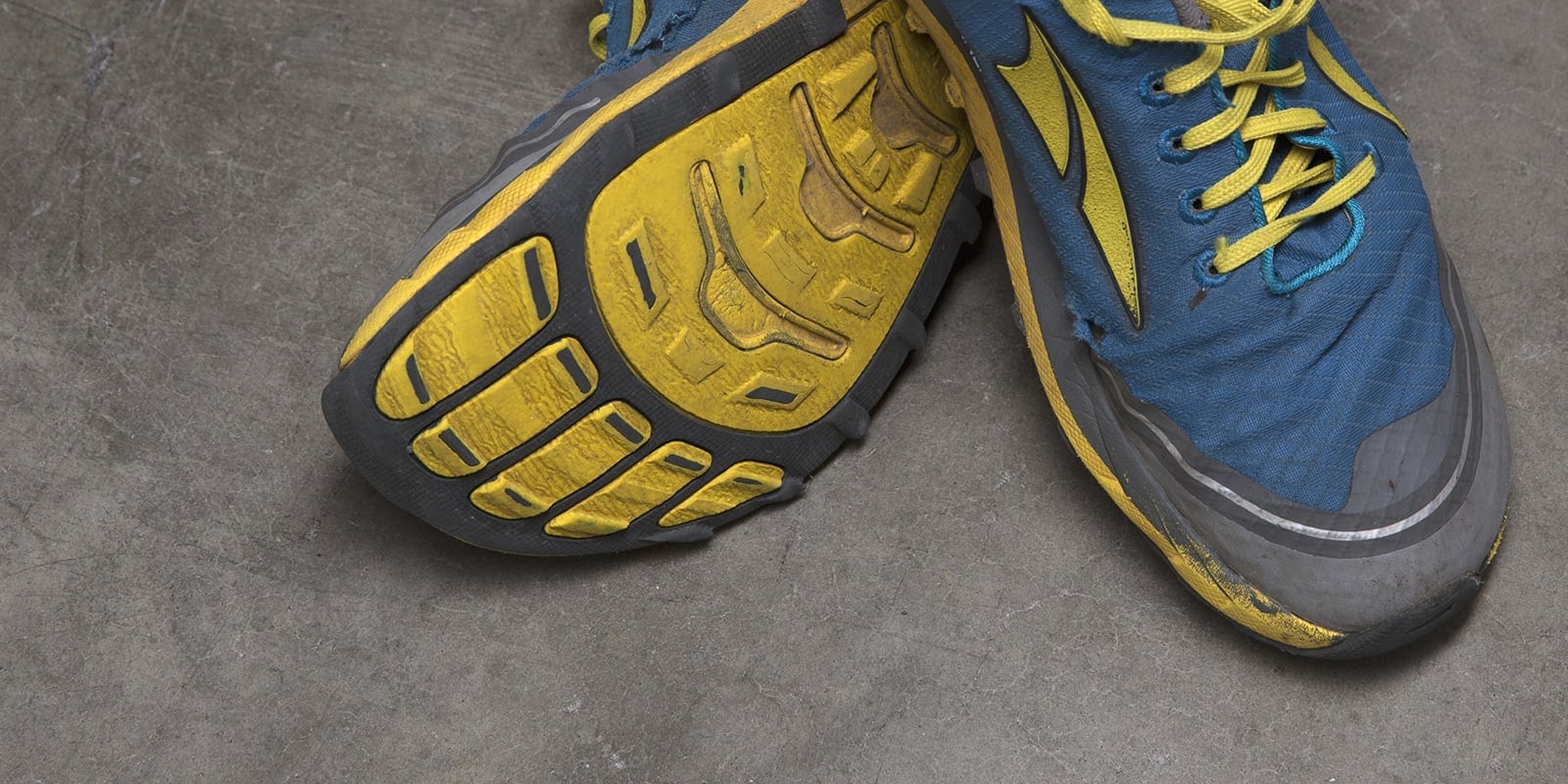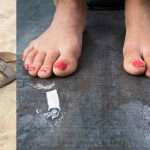Running is a great way to stay fit. Many people love to run. But did you know that your shoes matter a lot? Old or worn-out shoes can cause injuries. So, how do you know when to replace your running shoes? This guide will help you understand when it is time for new shoes.
Why Are Good Shoes Important?
Good shoes help keep your feet safe. They support your body. They also cushion your feet as you run. If your shoes are old, they may not work well. This can lead to problems. You may feel pain in your feet or legs. You might even get hurt.
Signs You Need New Shoes
Here are some signs that you need to replace your running shoes:
- You Feel Discomfort: If your shoes hurt, it’s time to change.
- Worn Out Soles: Look at the bottom of your shoes. If the tread is flat, buy new ones.
- Visible Damage: Check for holes or tears. If you see any, get new shoes.
- Less Cushioning: Press on the shoe’s midsole. If it feels hard, replace it.
- Changes in Running Style: If you change how you run, your shoes might not fit.
- Time: If you have had your shoes for more than 300-500 miles, consider new ones.
How Long Do Running Shoes Last?
Running shoes do not last forever. Most shoes last between 300 and 500 miles. Some shoes can last longer. It all depends on your running style. Heavy runners wear out shoes faster. Lighter runners can keep shoes longer.

Credit: runningscience.com.au
What Affects Shoe Lifespan?
Many things affect how long your shoes last.
| Factor | Effect on Shoes |
|---|---|
| Running Surface | Hard surfaces wear shoes faster. |
| Your Weight | Heavier runners wear shoes quickly. |
| Running Style | Different styles can wear shoes differently. |
| Frequency of Use | More runs mean quicker wear. |
| Quality of Shoes | Better shoes often last longer. |
How to Extend the Life of Your Shoes
You can do some things to help your shoes last longer:
- Rotate Your Shoes: Use different pairs. This helps them wear evenly.
- Keep Them Clean: Dirt can break down materials. Clean your shoes often.
- Avoid Wet Conditions: Water can damage shoes. Try to keep them dry.
- Store Them Properly: Keep shoes in a cool, dry place.
- Replace Insoles: New insoles can give extra support.
Choosing the Right Running Shoes
When you need new shoes, choose wisely. Here are some tips:
- Know Your Foot Type: Some people have flat feet. Others have high arches. Know what you have.
- Try Before You Buy: Always try on shoes. Walk or jog in them.
- Consider Your Running Style: Pick shoes that match how you run.
- Check the Fit: Shoes should feel snug, but not tight.
- Look for Comfort: Choose shoes that feel good on your feet.
Common Mistakes When Buying Shoes
Many people make mistakes when buying running shoes. Here are some common ones:
- Buying Based on Looks: Don’t choose shoes just because they look nice.
- Ignoring Comfort: Comfort is more important than style.
- Choosing the Wrong Size: Make sure your shoes fit well.
- Not Testing Them: Always test shoes before you buy.
What to Do with Old Shoes
Once you buy new shoes, think about your old ones. Do not just throw them away. Here are some ideas:
- Give Them Away: Someone else might need them.
- Recycle Them: Some stores recycle shoes.
- Use Them for Other Activities: Old shoes can work for walking or gardening.
Frequently Asked Questions
How Often Should I Replace My Running Shoes?
Running shoes should generally be replaced every 300 to 500 miles. Check for wear and tear regularly.
What Are Signs My Running Shoes Are Worn Out?
Look for worn-out soles, loss of cushioning, or visible damage. If you feel discomfort, it’s time to replace them.
Can I Wash My Running Shoes?
Yes, but avoid the washing machine. Clean them gently by hand with mild soap and water.
Do Different Terrains Need Different Running Shoes?
Yes, running on trails requires shoes with better grip and support. Road running shoes are lighter and smoother.
Conclusion
Knowing when to replace your running shoes is important. Worn-out shoes can cause injuries. Look for signs like discomfort and worn-out soles. Pay attention to how long you have used them. Choose the right shoes for your feet and running style.
By taking care of your shoes, you can make them last longer. Remember to replace them when needed. Happy running!
Hello, I’m Kristin, the founder and main author of footwearsfact.com. I’ve been working as a footwear designer and have built a keen interest in different footwear problems, suggestions, and designing. I hope I’ll be able to serve your needs with my skillful team member.

